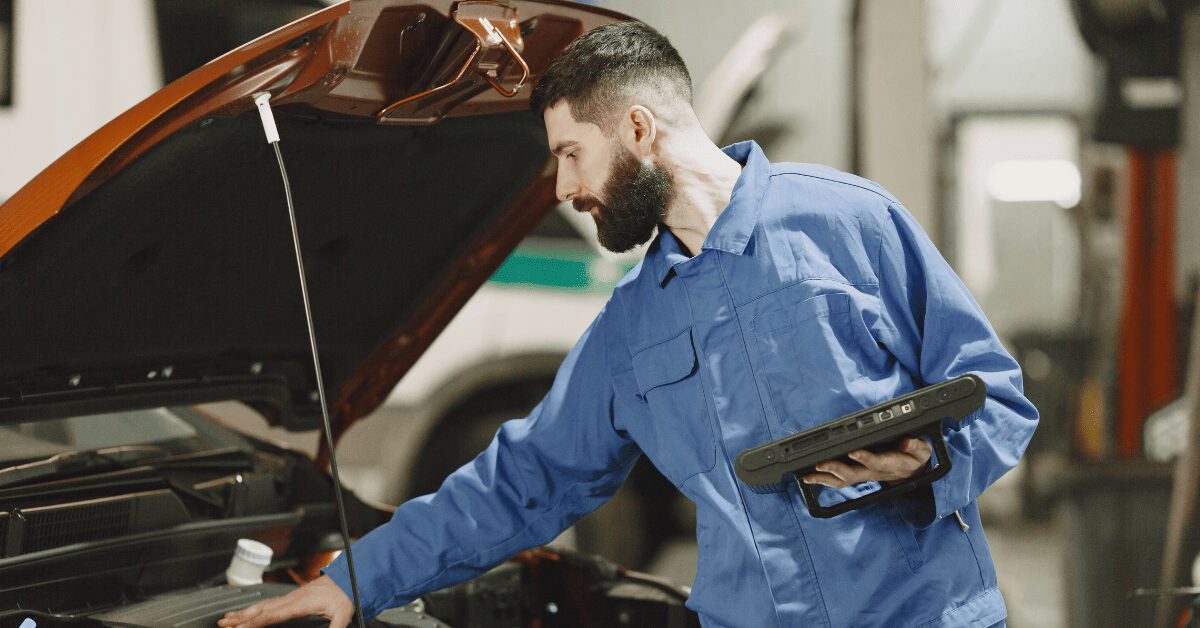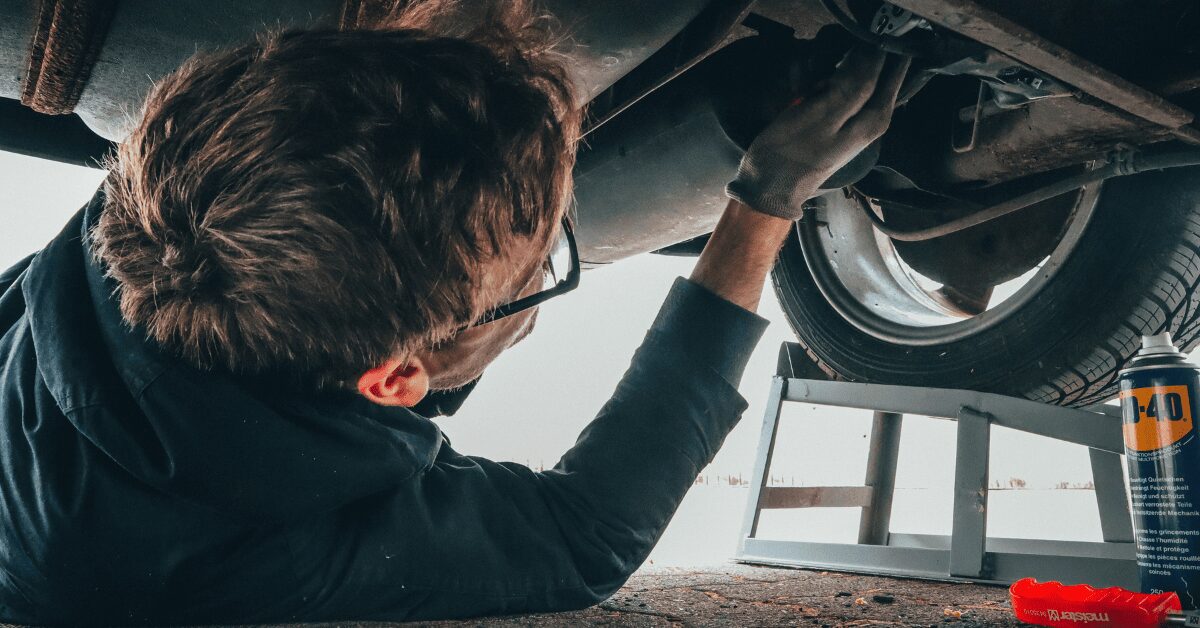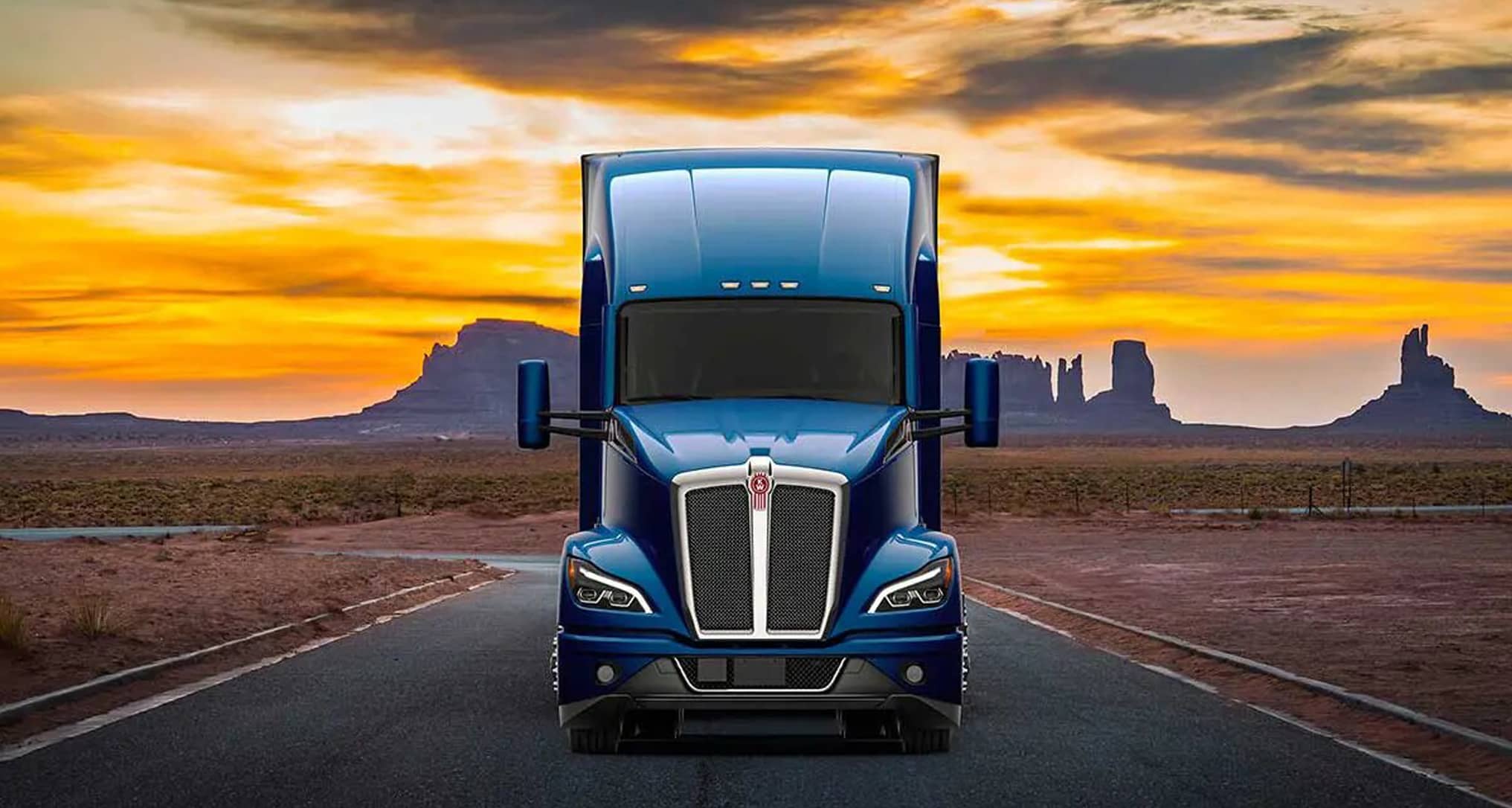When you’re driving your car, do you ever think about what’s happening under the hood? You’re probably familiar with emissions systems if you’ve got a diesel engine. It’s easy to understand how they work – they minimize visible smoke and harmful gases from being released into the environment.
But what if something goes wrong with your emissions system? The good news is that it’s not hard to find out what might be causing emissions-related failures or how to auto repair them, especially if you have Jaltest diagnostic kits and tools from Triad Diagnostic Solutions.
What are diesel emissions systems?
Diesel emissions systems are the complex network of parts that ensure your diesel engine performance runs cleanly. They monitor and control the amount of diesel exhaust smoke and emissions released into the air and help keep your engine operation from overheating.
Your diesel emissions system includes a selective reduction catalyst (SCR) and a diesel particulate filter (DPF). The catalyst reduces carbon monoxide, hydrocarbons, and nitrogen oxide; the DPF traps soot particles emitted by the engine.
Lastly, diesel engines emit more particulate matter than gasoline-powered vehicles. This means that there is more pollution during the internal combustion process. Therefore, diesel vehicles and machines need to have an emissions system that prevents excessive exhaust smoke and harmful gases from being released into the environment when the engine is running at high speeds or idling for extended periods.
5 Things To Know About Diesel Emissions Systems Maintenance and Repair
The maintenance of your diesel emission system is a big deal. However, it can significantly impact machine performance, fuel efficiency, and fuel economy. Here are some things you should know about maintaining and repairing diesel emission systems:
1. Diesel emissions system maintenance is critical to ensure machine health and the environment’s health.
Emissions systems are complicated, but they’re necessary to reduce nitrogen oxide. A diesel emissions system keeps a vehicle running smoothly and efficiently. When it’s working correctly, you don’t have to worry about emissions failures and visible smoke from the engine harming the environment. However, if you’re not treating your emissions system with care, you could damage your engine performance and hurt the environment.
Systems maintenance checks from diesel service technicians can be done during your regular service interval. Still, they’re often recommended at 15,000-mile intervals or every 30 months, whichever comes first (check with your diesel engine manufacturer for details).

2. Emissions systems should be appropriately inspected before servicing.
First and foremost, emissions systems should be appropriately inspected before servicing. If the diesel engine control system is not in good working order, replacement is usually your best bet.
Always check your machine’s emissions system before servicing it. This way, you can ensure that your problem is related to this system and not something else. In addition, any issues with the system or components will be detected during these inspections and can be addressed before they become more severe service problems.
3. Fuel filters should always be replaced during regular maintenance.
For a diesel machine to work correctly, it needs regular maintenance, such as filter replacements, to ensure that its parts stay clean and in good working order. By replacing fuel filters, you can expect machines to function effectively.
When diesel technicians inspect an emissions system, they check for cracks or holes in the DPF that might let soot escape into the atmosphere instead of being trapped inside it. They also make sure no leaks are coming from any other part of the system and inspect the exhaust pipe, hoses, and connections for signs of wear or damage that might lead to future problems in engine performance.
4. Diesel emissions systems can have manufacturing defects.
Diesel engine models are manufactured to the highest possible quality standards and undergo rigorous emissions tests before their release onto the market. However, these systems are not immune to defects. A defective part can slip through during production and cause problems, making your diesel engine emit more pollution than it should. In addition, these defects can cause your vehicle to fail your state’s emissions standard smog check, even if you’ve done nothing wrong.
Thankfully, diagnostic scan tools and kits like the Jaltest Commercial Vehicle Full Kit provide everything you need to diagnose and repair your heavy-duty diesel trucks, buses, and trailers. So, if your engine performance isn’t up to par, this kit can help diagnose and solve emission problems.
5. Emissions systems contain sensitive components that may require replacement even if you often don’t drive your vehicle.
You may have a diesel vehicle but not drive it often. That’s fine—many people with diesel vehicles don’t use them as much as they would like. But there’s something you should know: Diesel emissions systems contain sensitive components that may require replacement even if you don’t drive your vehicle often.
Even when there isn’t any normal engine wear and tear, the fuel filter can get clogged with dirt and other particles. The more these particles build-up, the harder it will be for your truck or machine to run smoothly and efficiently.

DIY Maintenance Tips For The Vehicle Owner
If you’re a vehicle owner with a diesel engine, it’s essential to keep up with regular maintenance so that your car avoids emissions-related failure. Jaltest Commercial Vehicle kits and even our automotive diagnostics tools can help with the following checks:
Checking your engine oil regularly: It’s essential to watch how much oil your diesel machine uses. If your engine operation uses more than one quart of oil per 1,000 miles of driving, it may be time for new parts or automotive repair.
Checking the fuel tank regularly: If there are any problems with your tank, they will be noticed by checking them out regularly. You should also check your gas cap regularly since this will help reduce emissions from vehicles from leaking into the atmosphere when they are not supposed to be there!
Changing your air filter as needed: If there are particles in your air filter that cannot be removed—like dust or dirt—you should replace it immediately. Changing the filter ensures you don’t damage other parts of your engine, like valves or pistons!
Triad can assist you with diesel systems emissions and exhaust system repairs and maintenance.
If you’re a fleet manager looking for the right tools and kits to help you with diesel engine repairs and maintenance, look no further than Triad Diagnostic Solutions. Our Jaltest kits and accessories are just what every shop needs to keep up with maintenance and diagnostics, no matter the age of a vehicle. In addition, our software covers more makes and models than any other scan tool out there. So, order yours today or contact us for more information.

